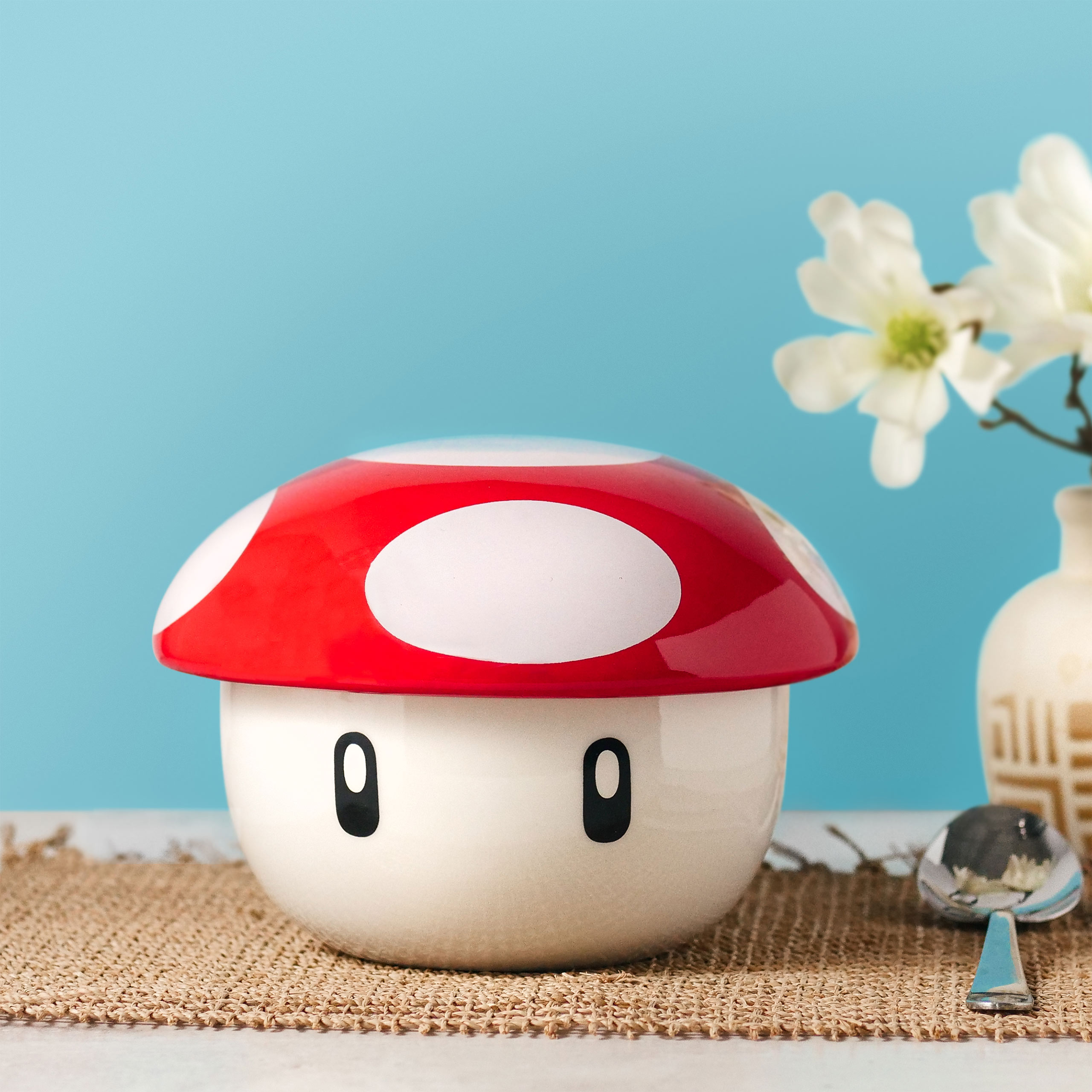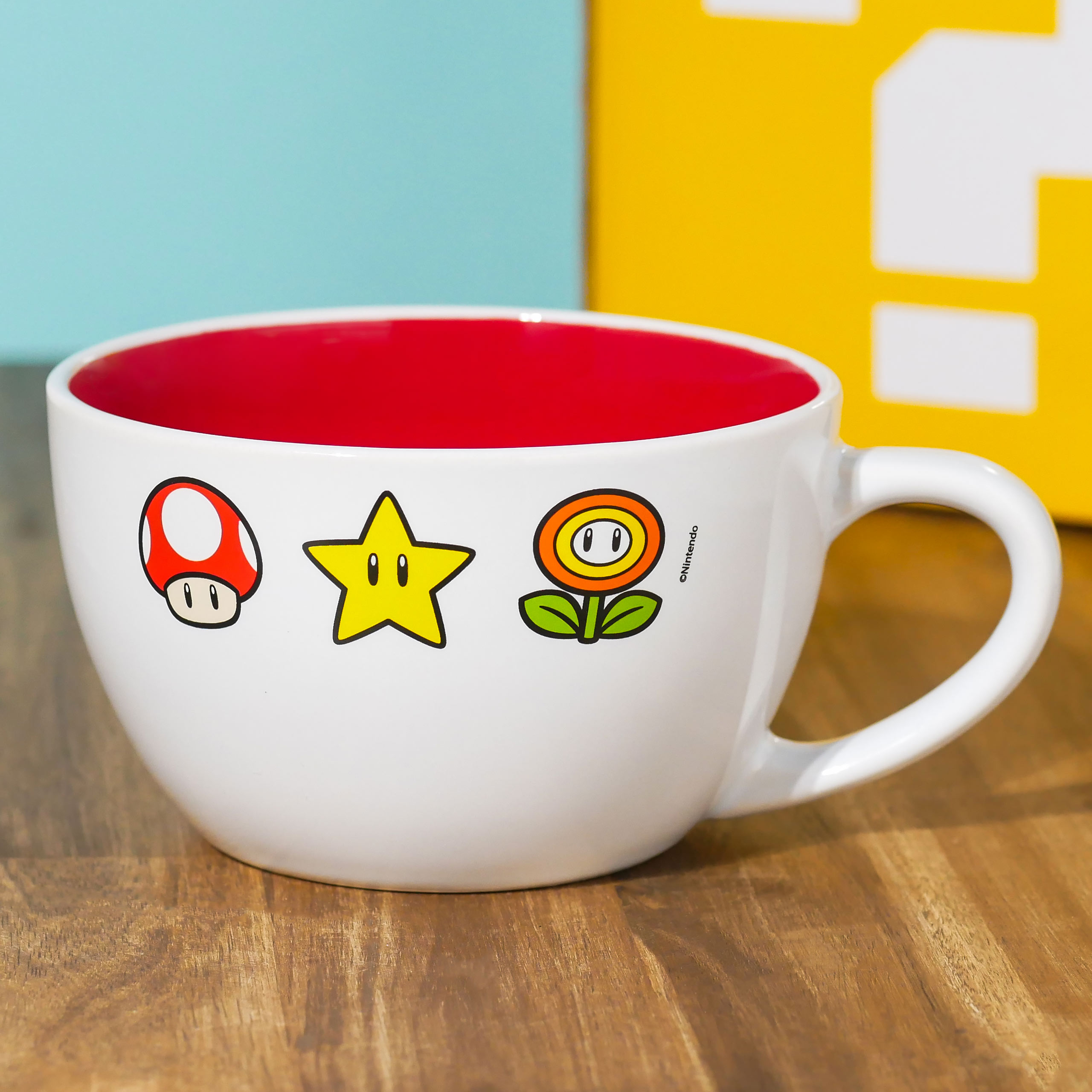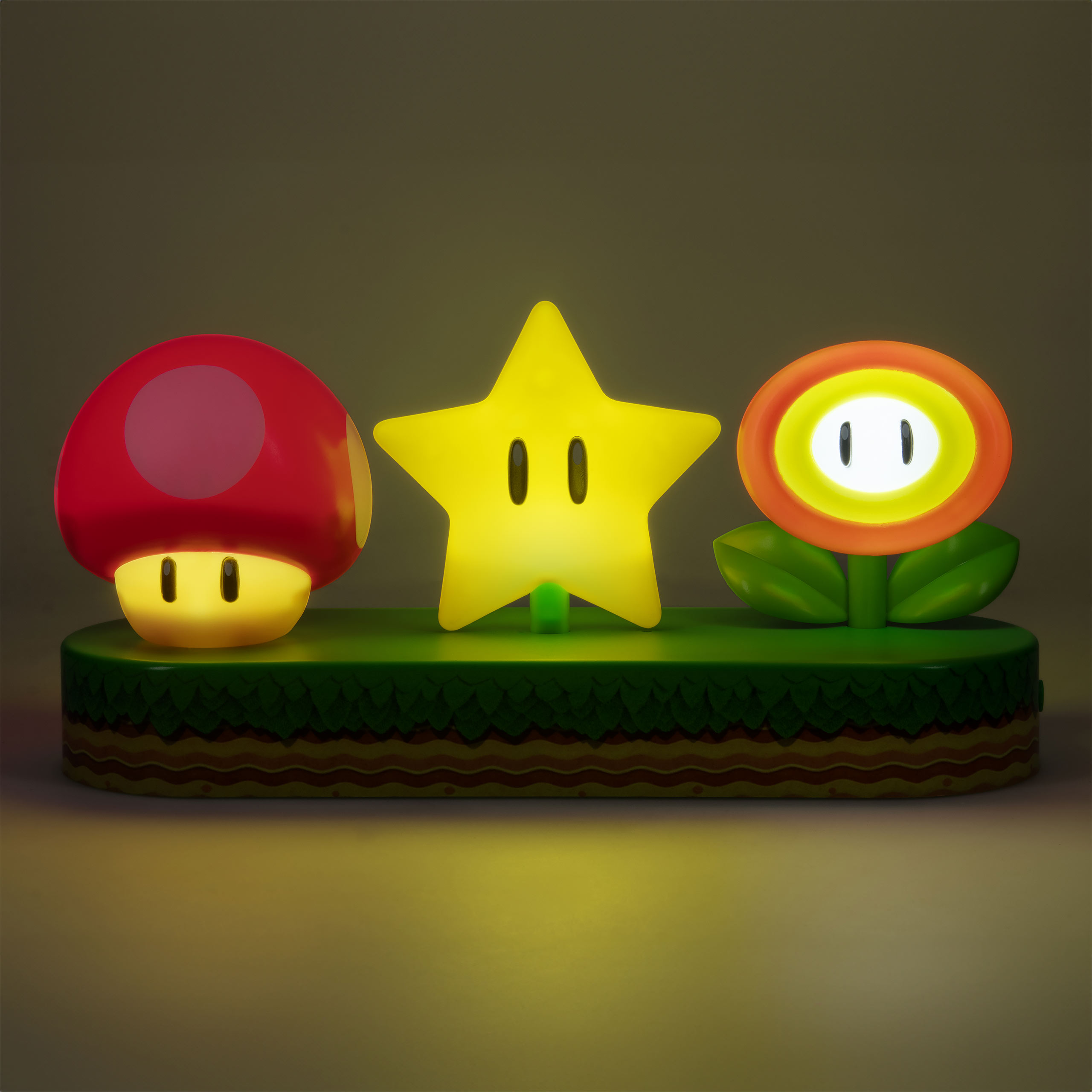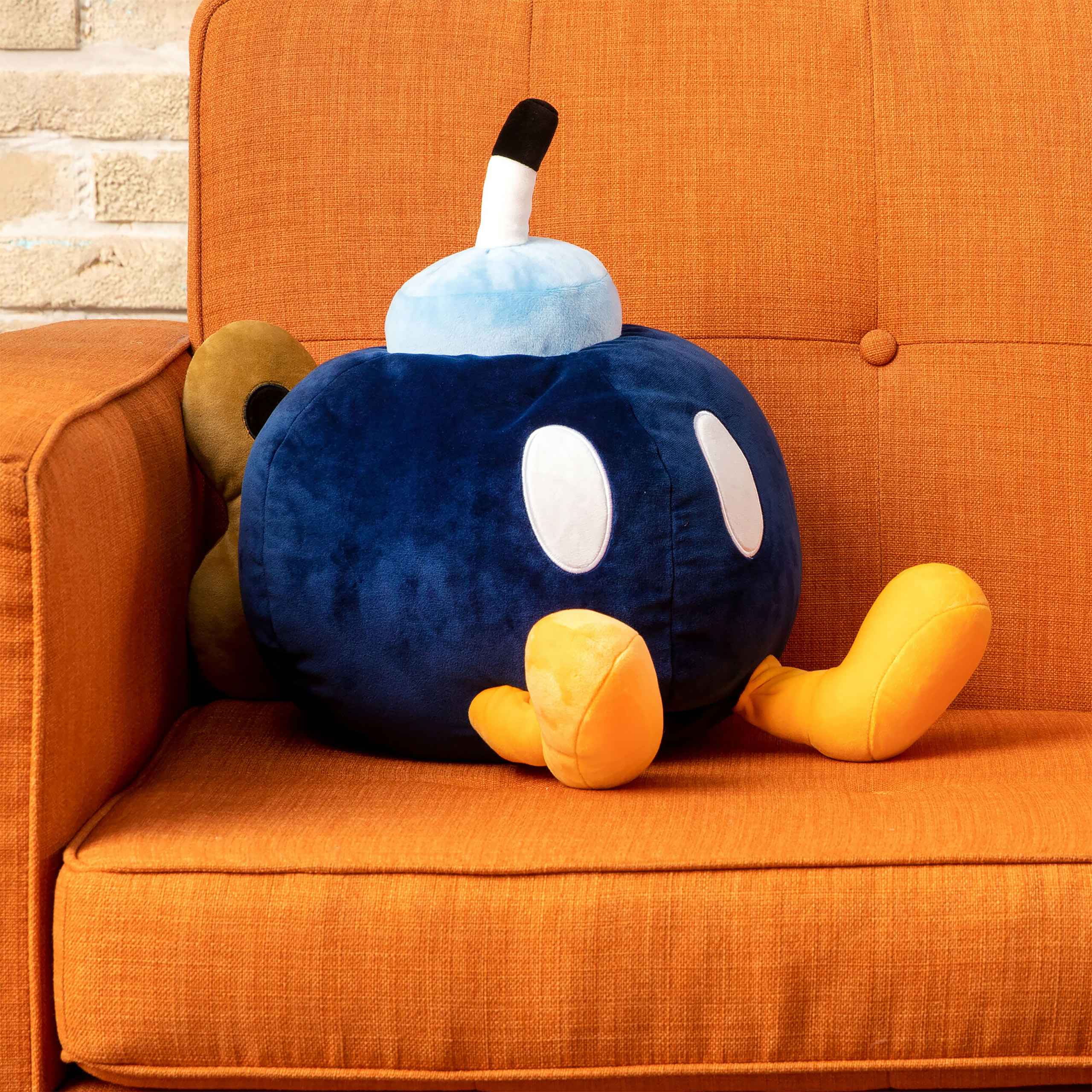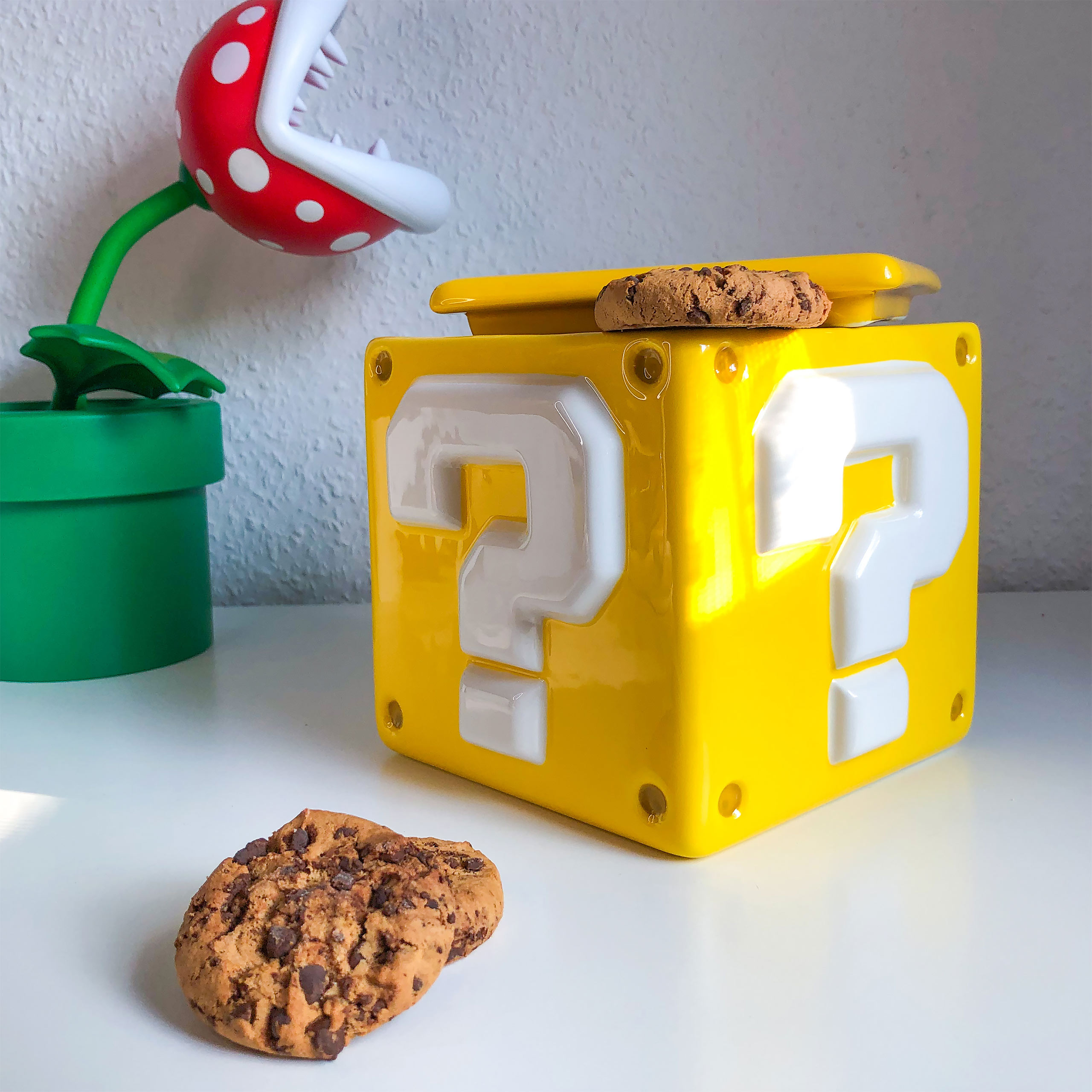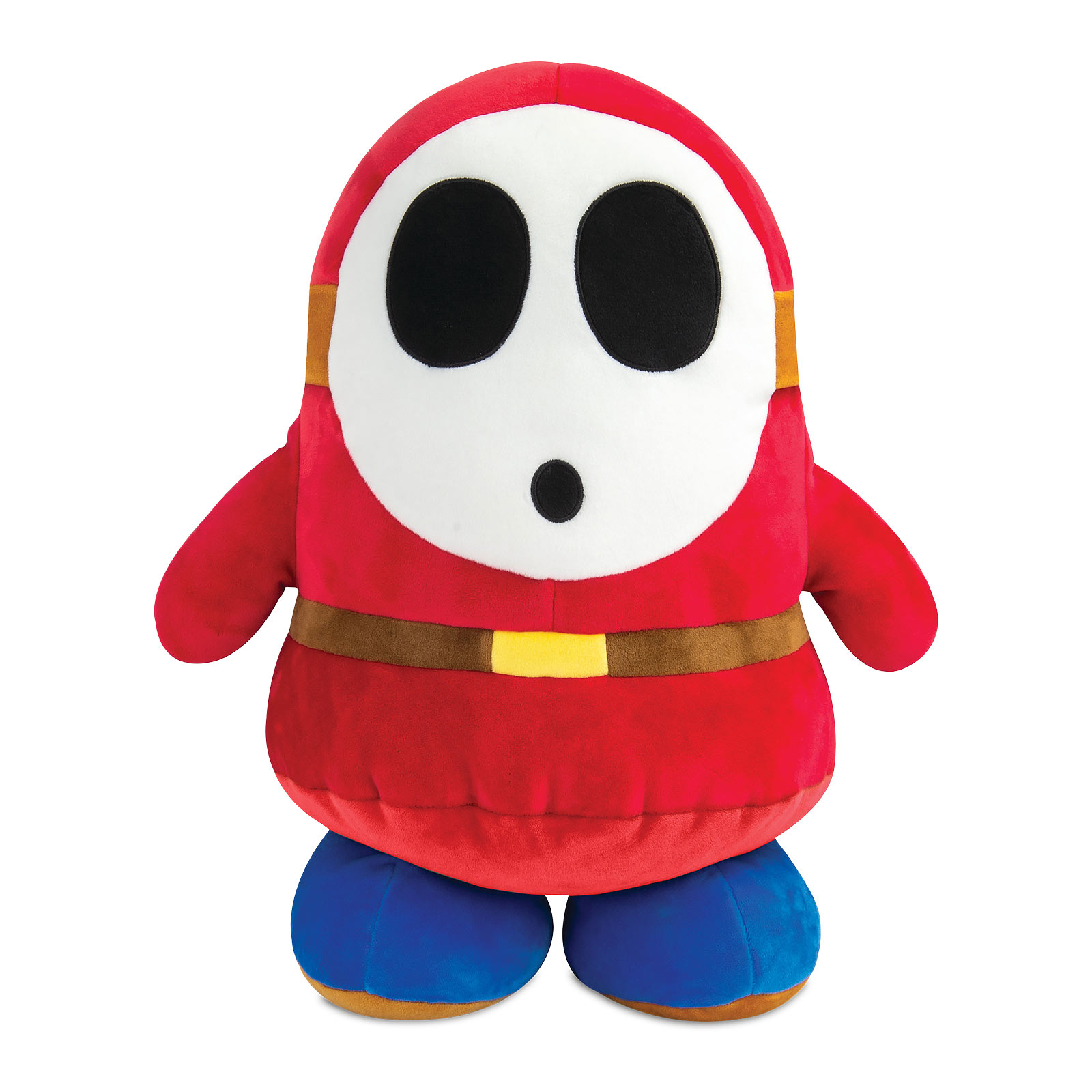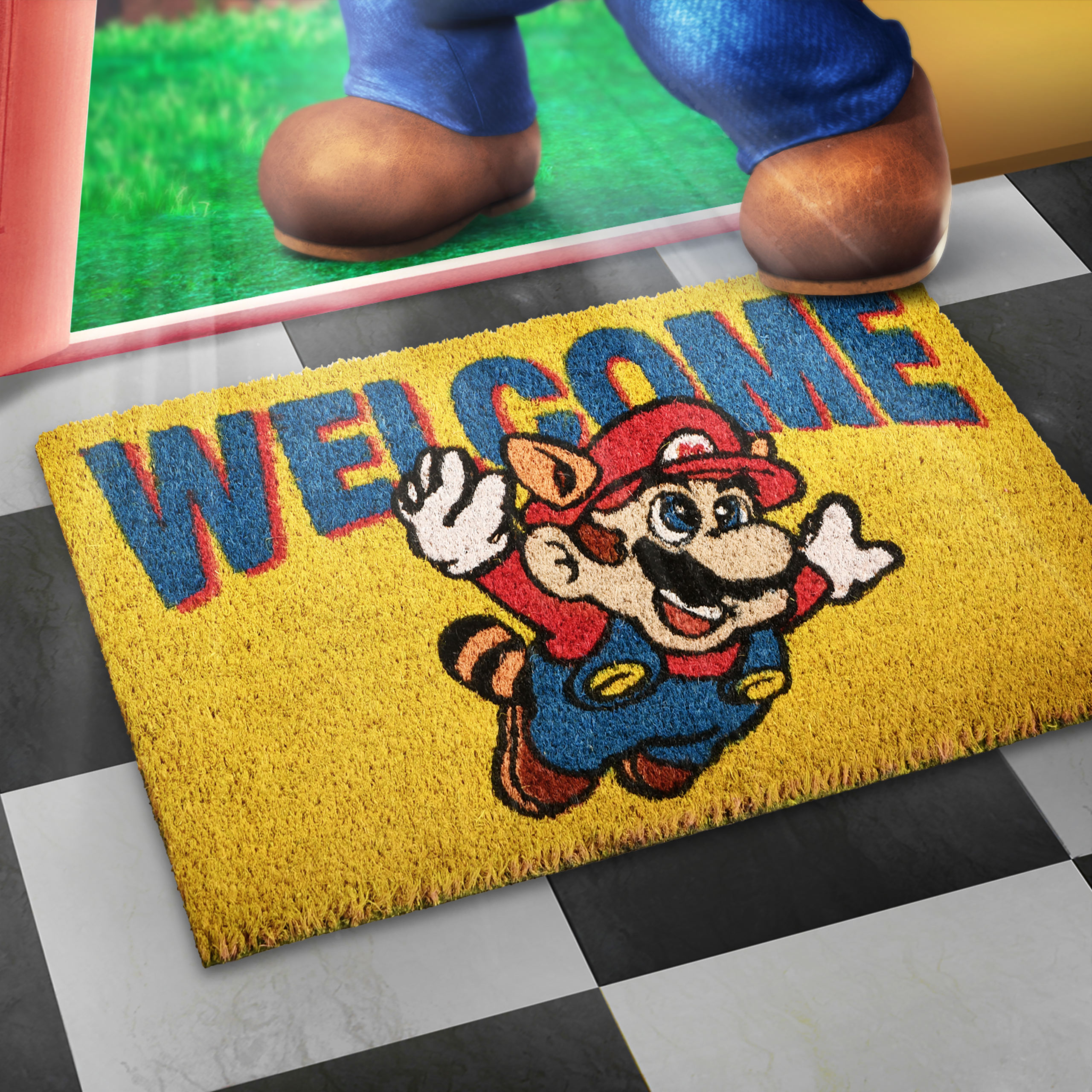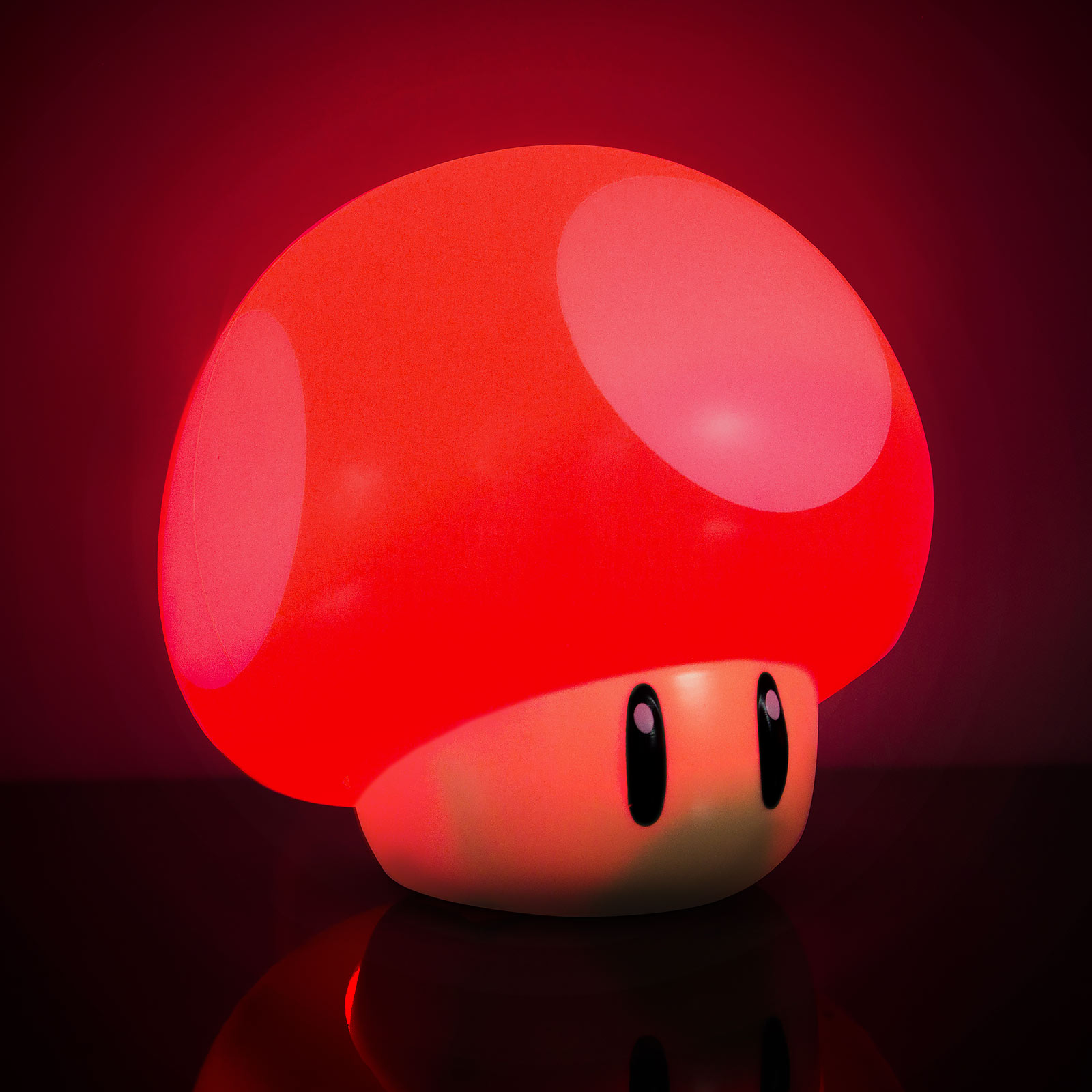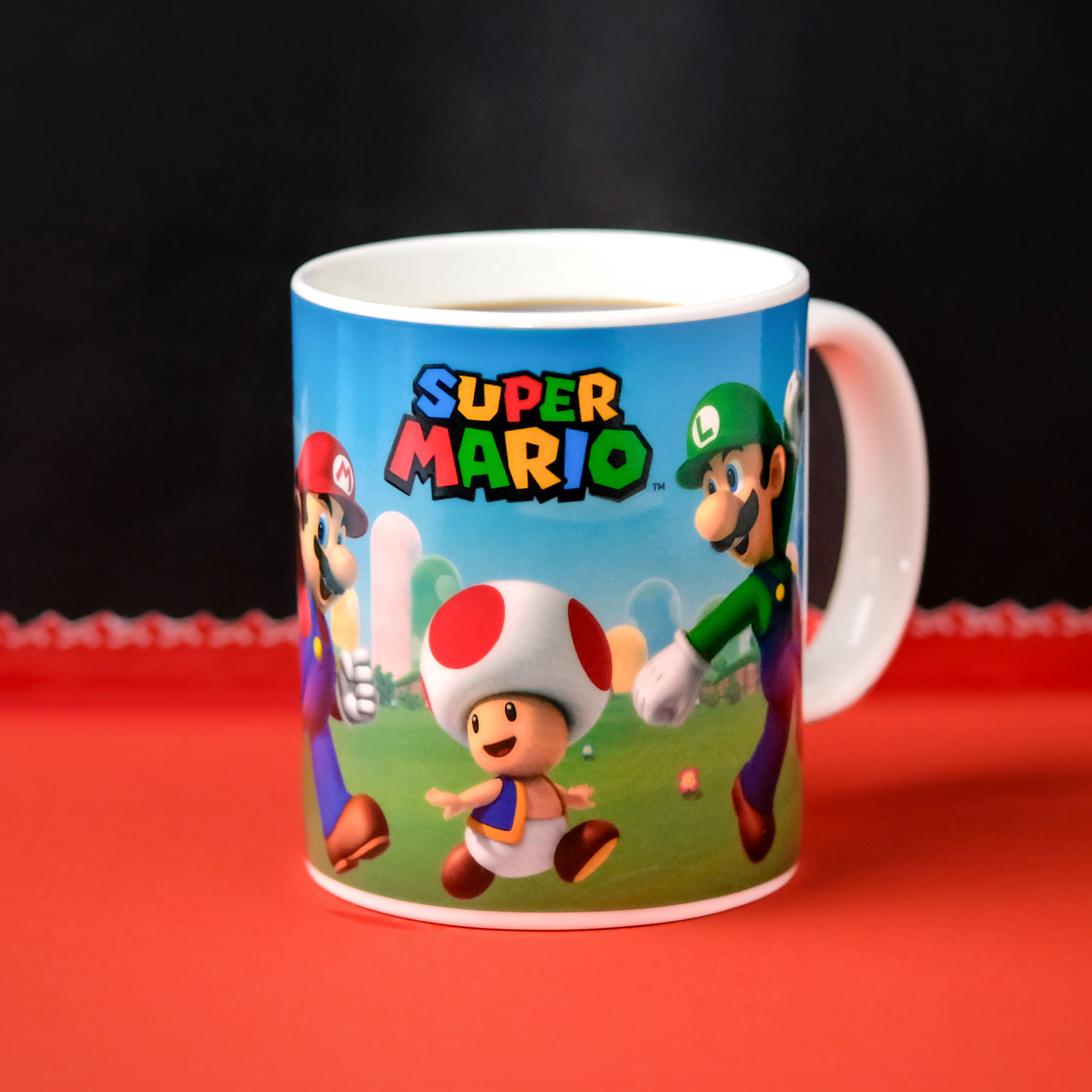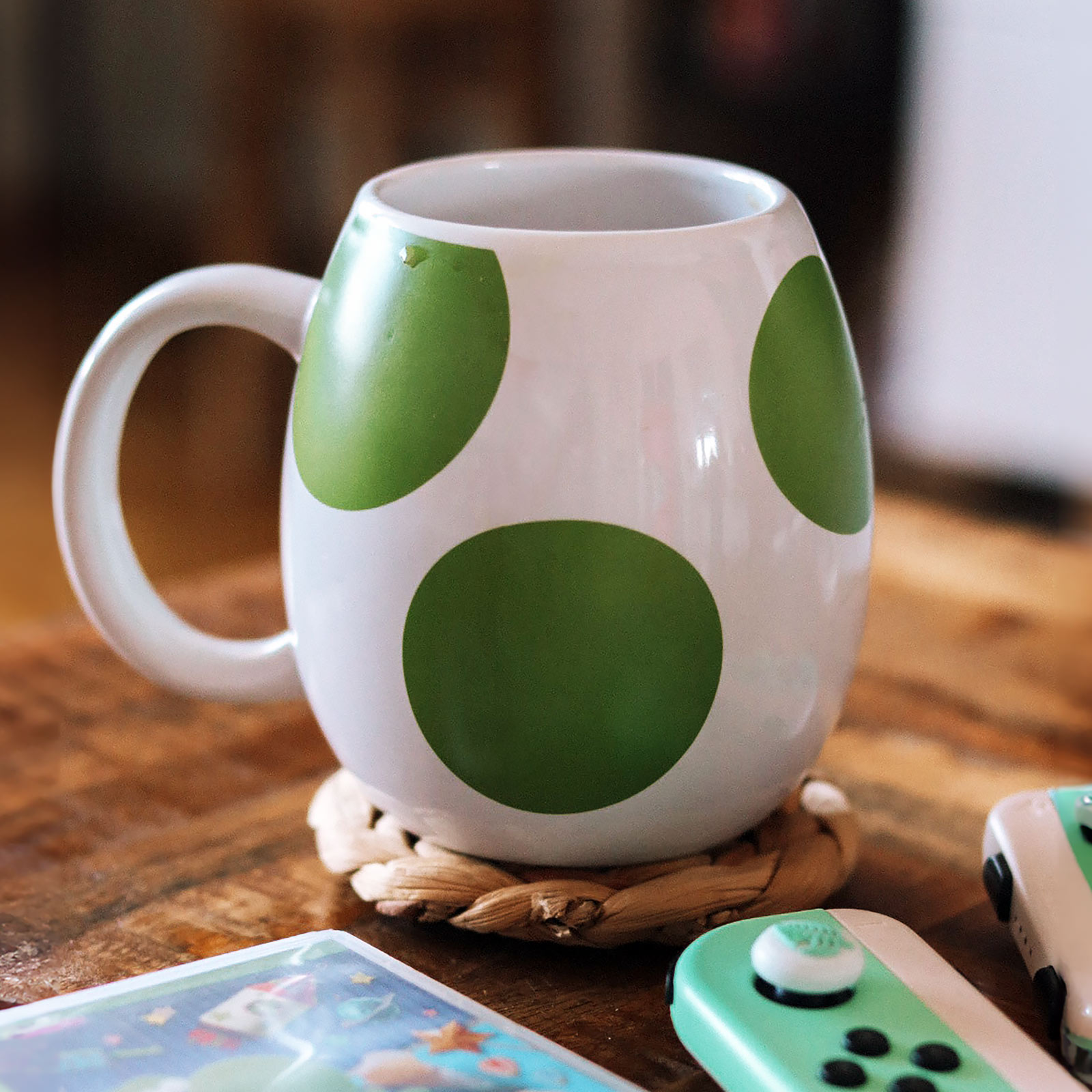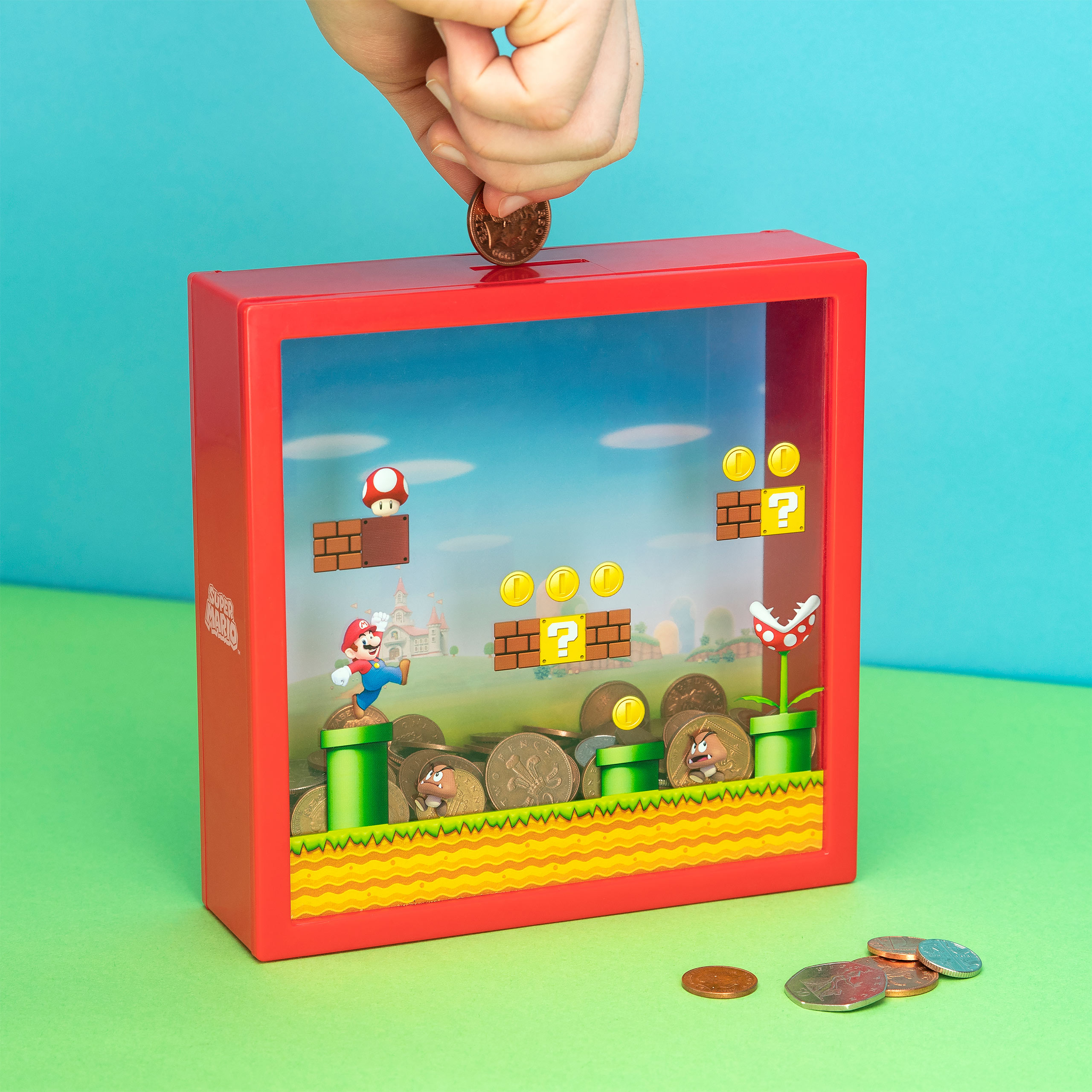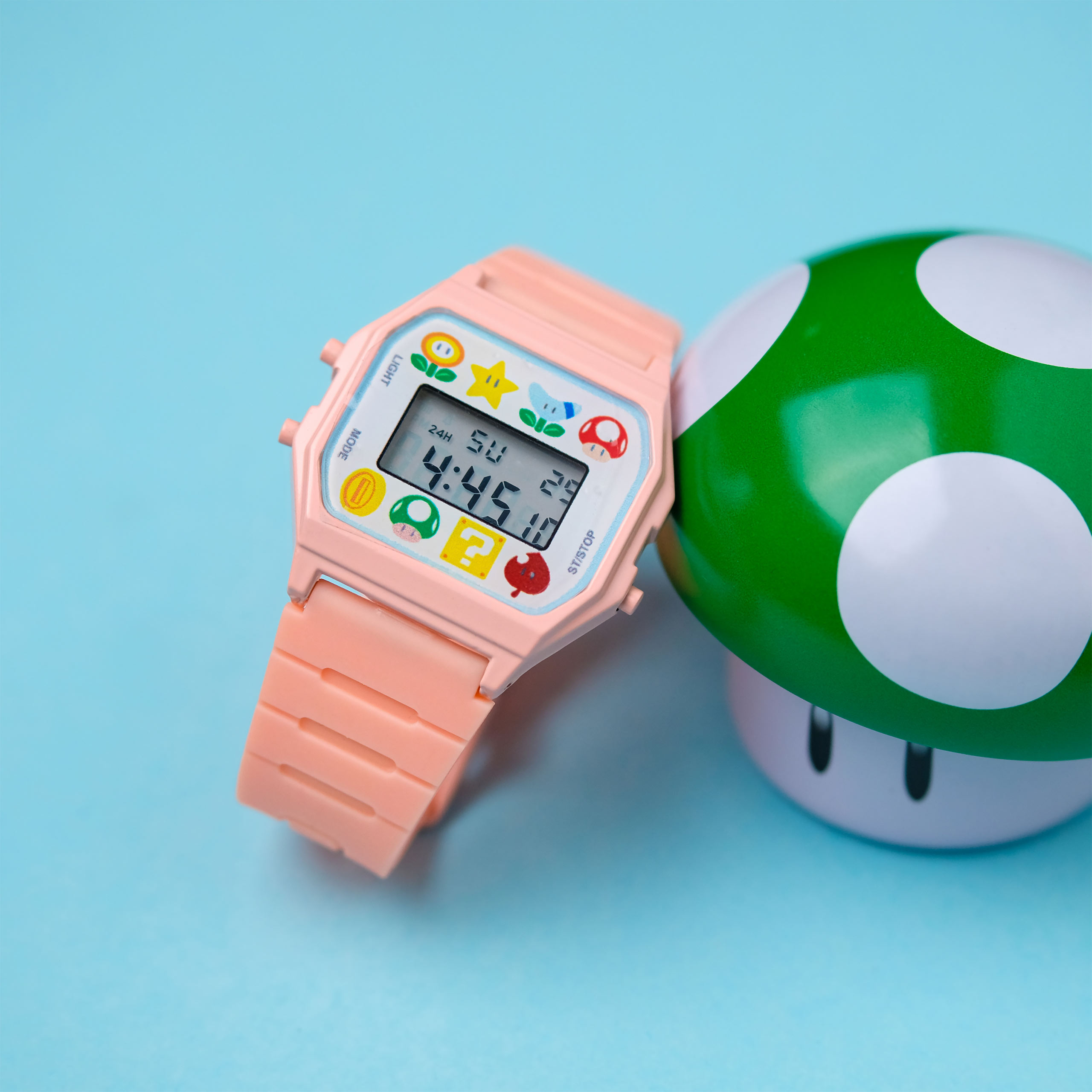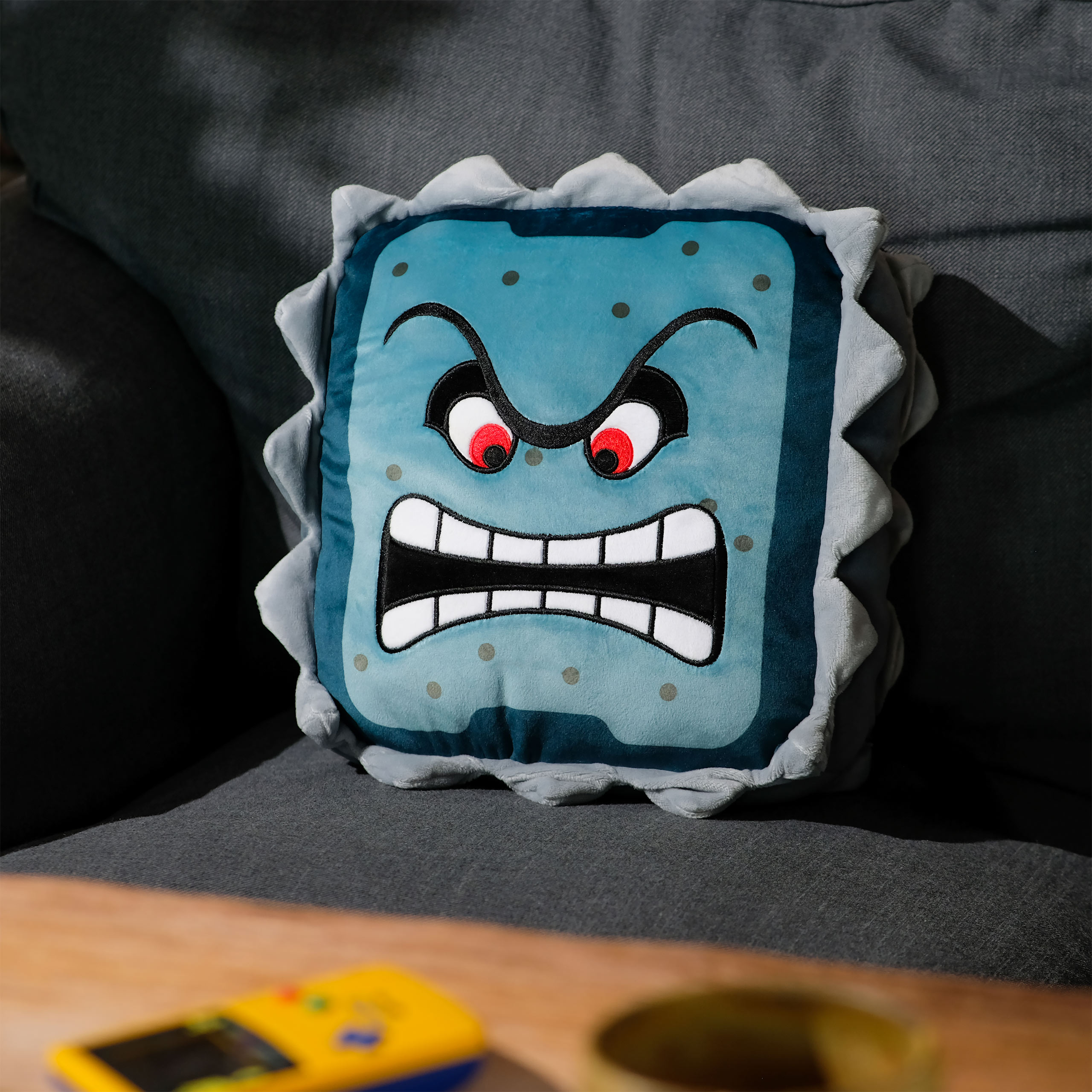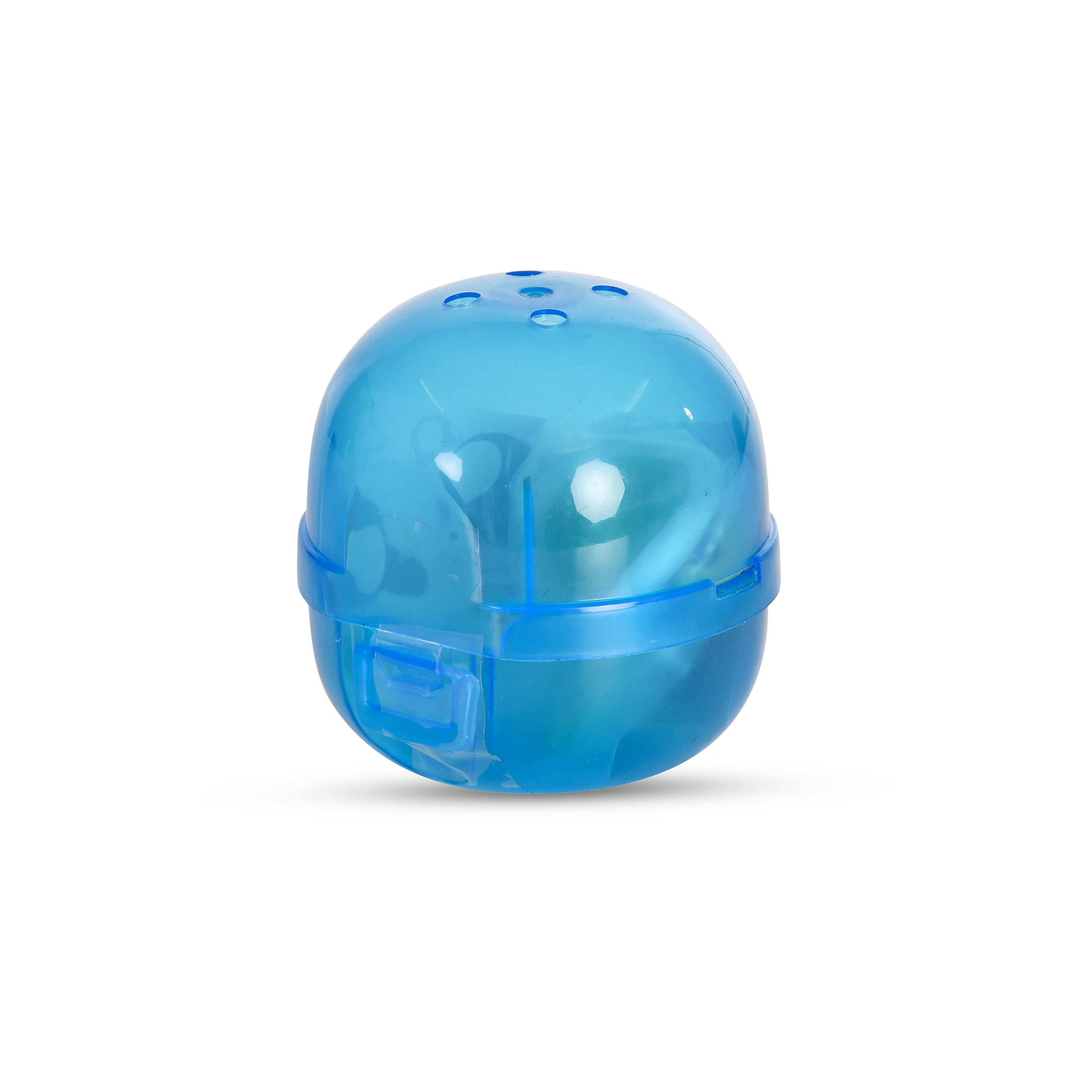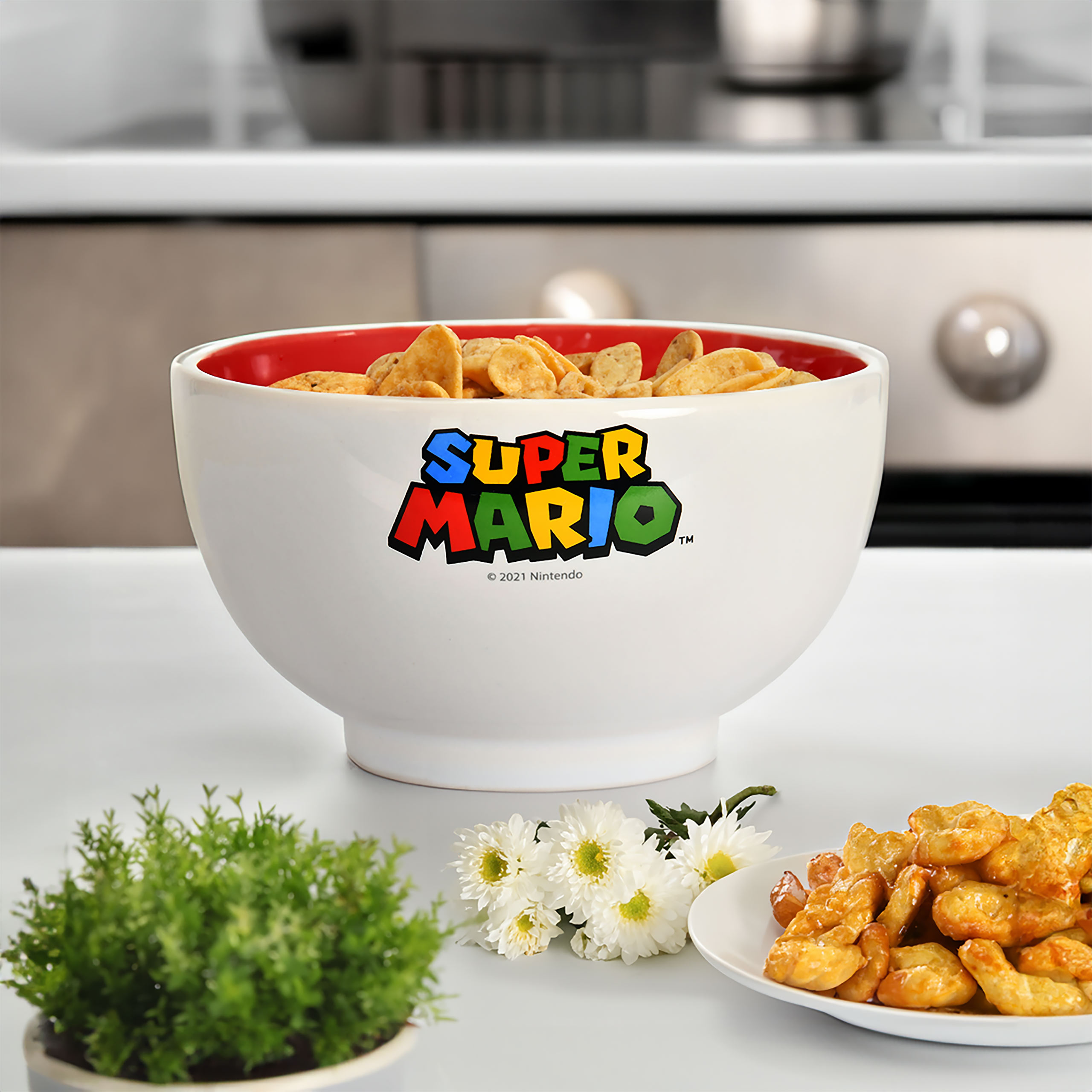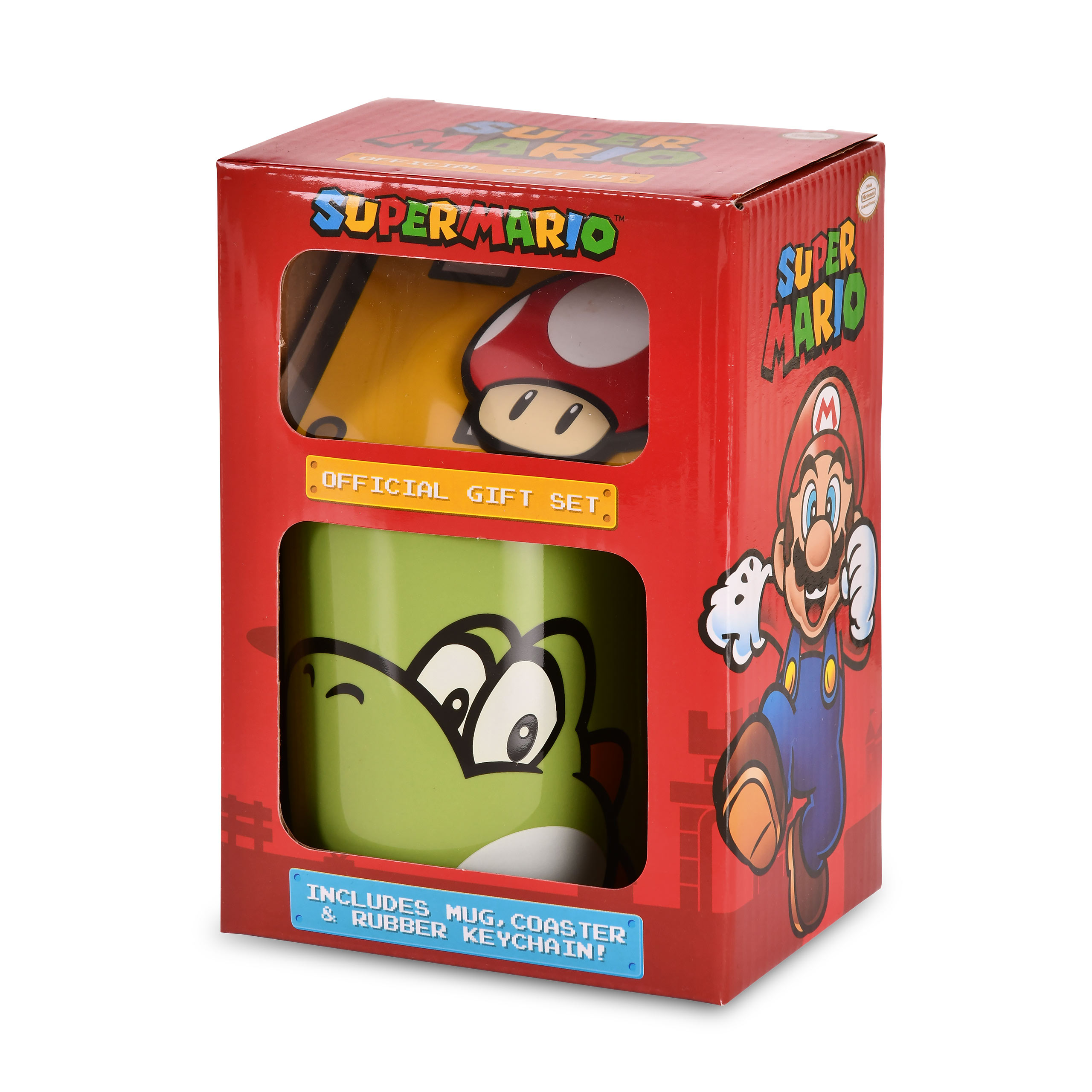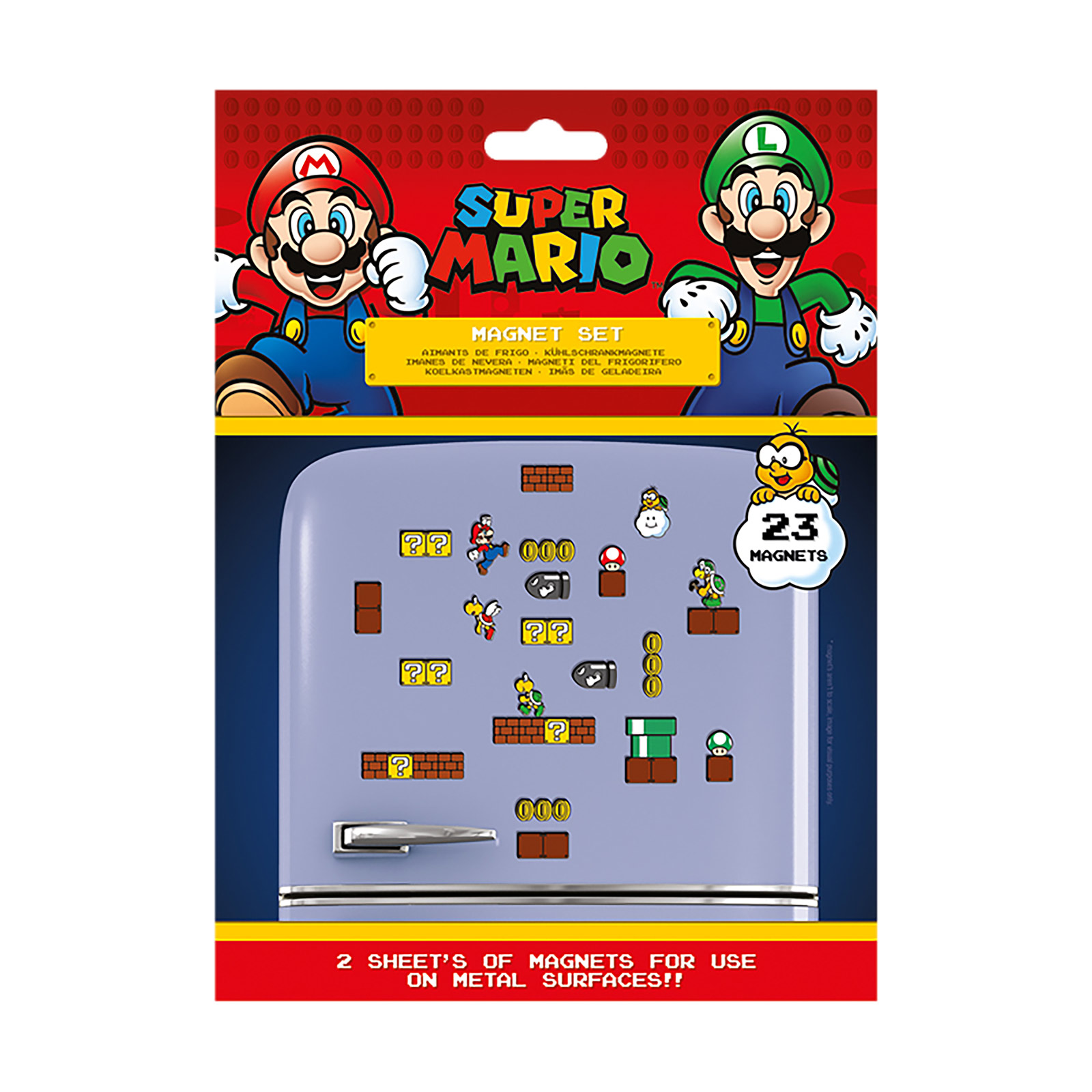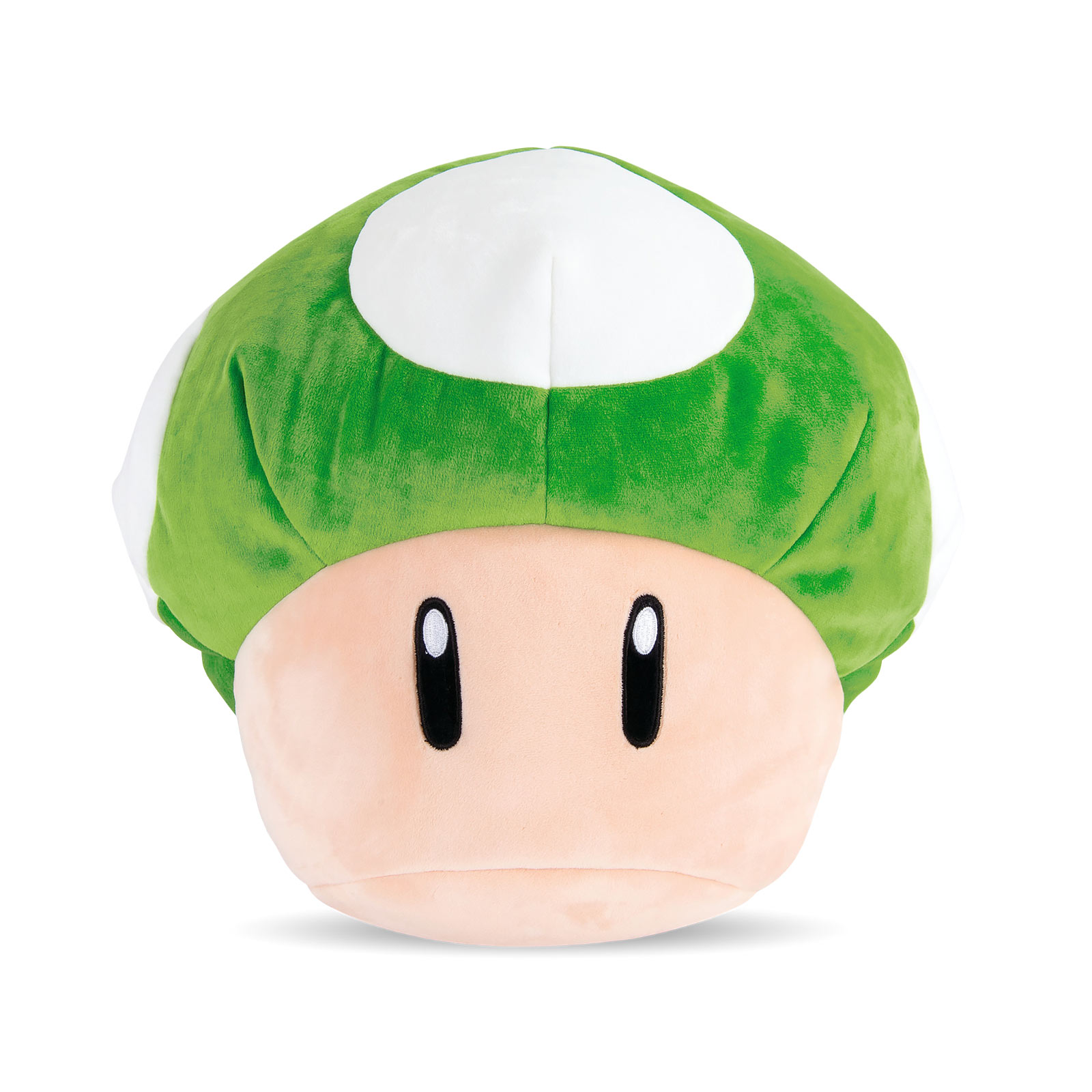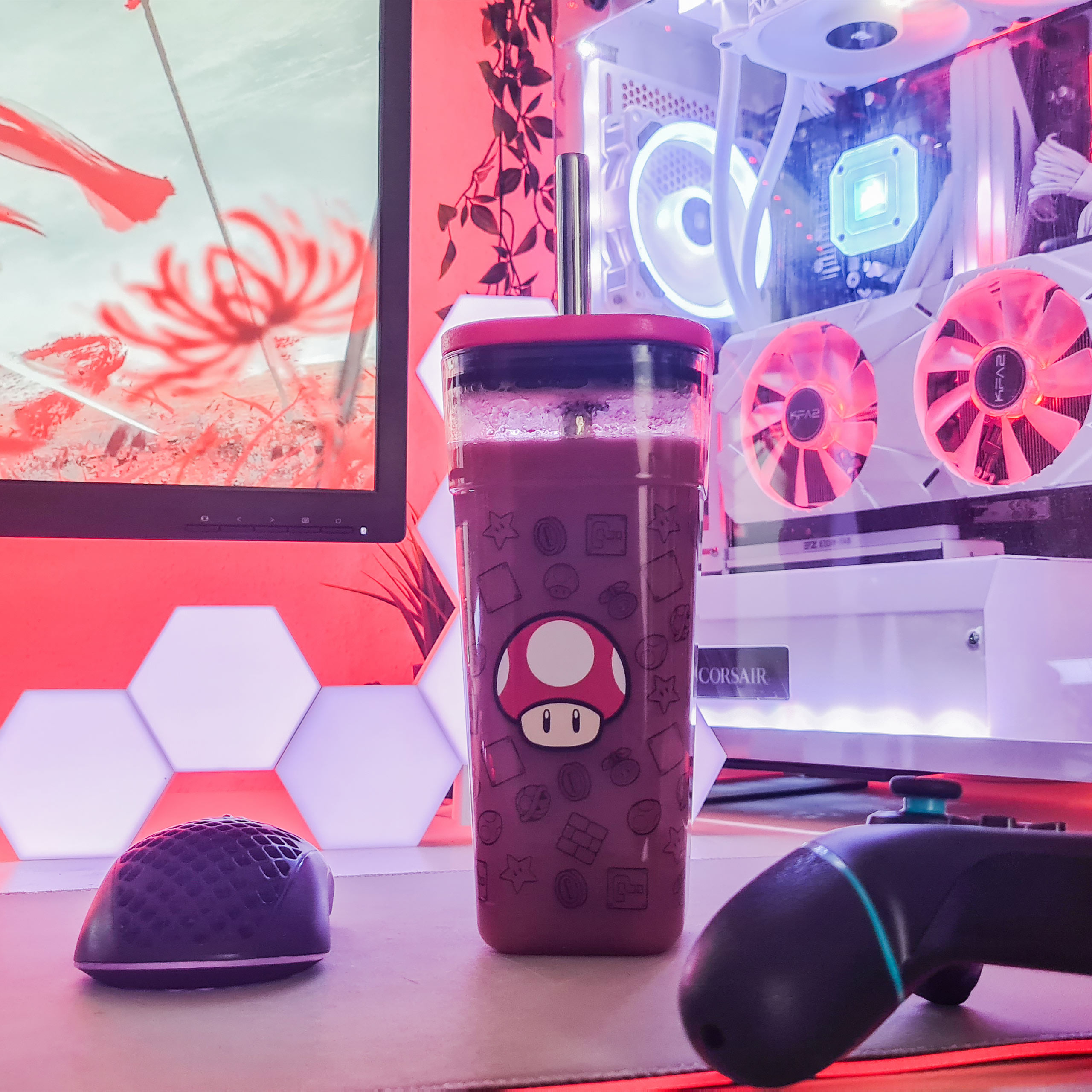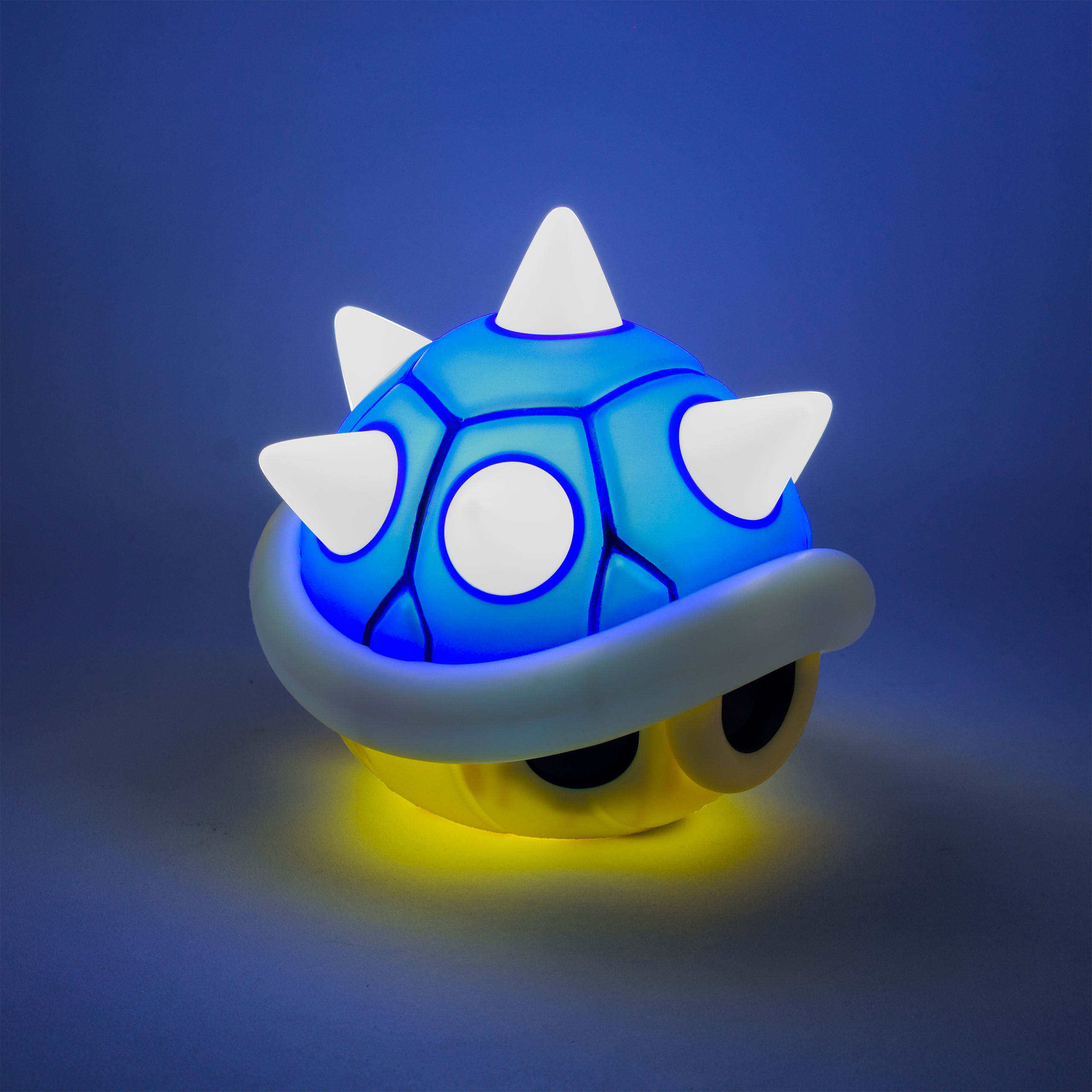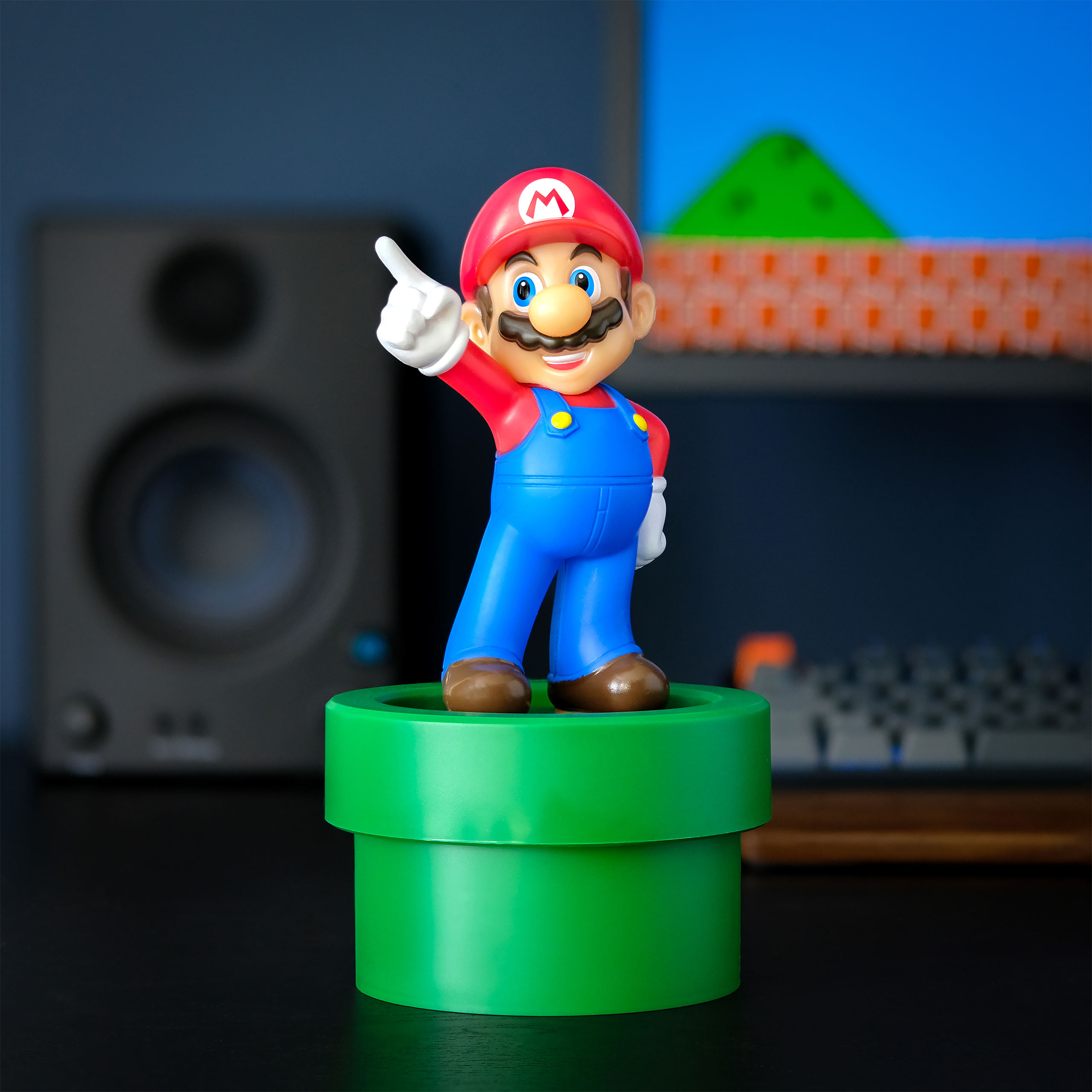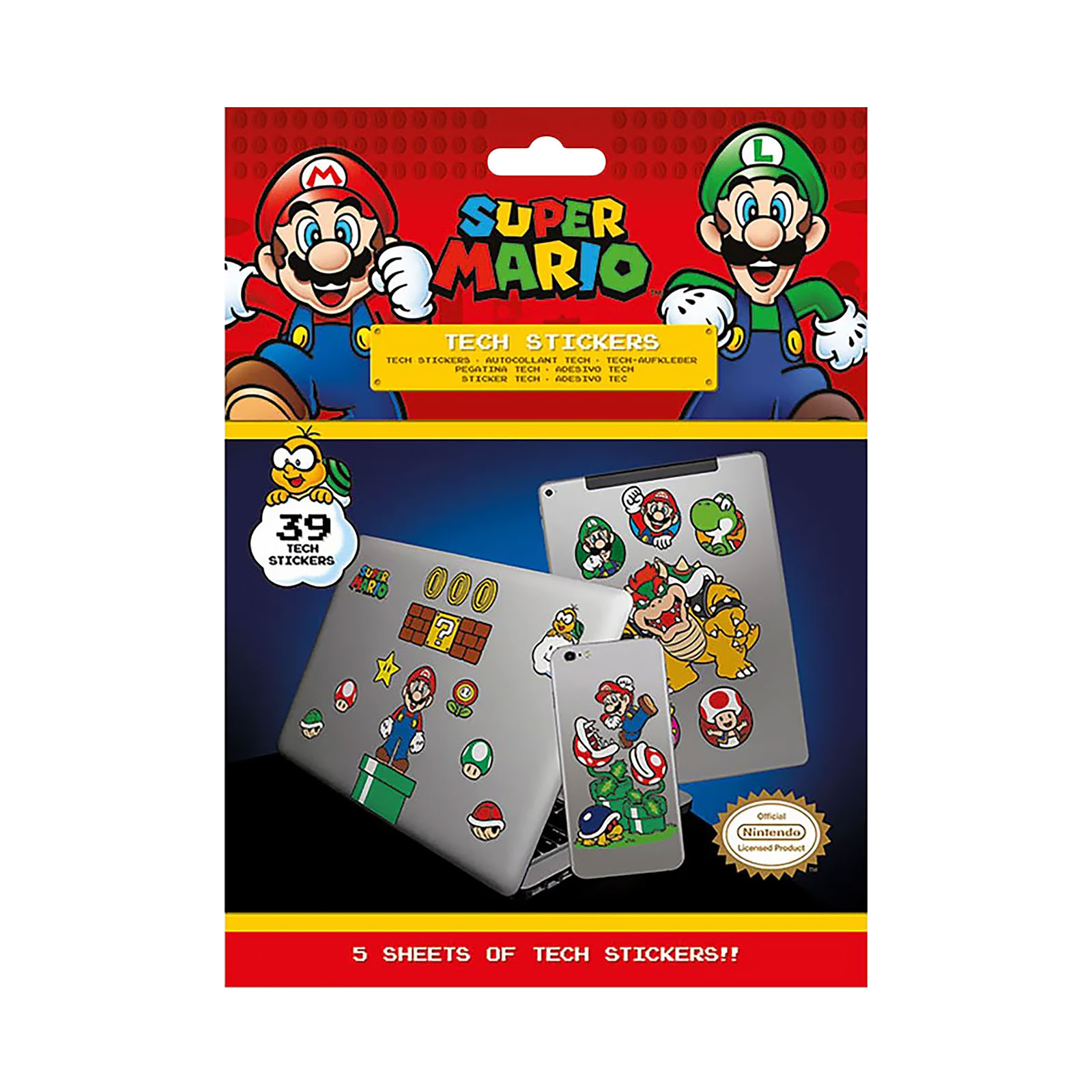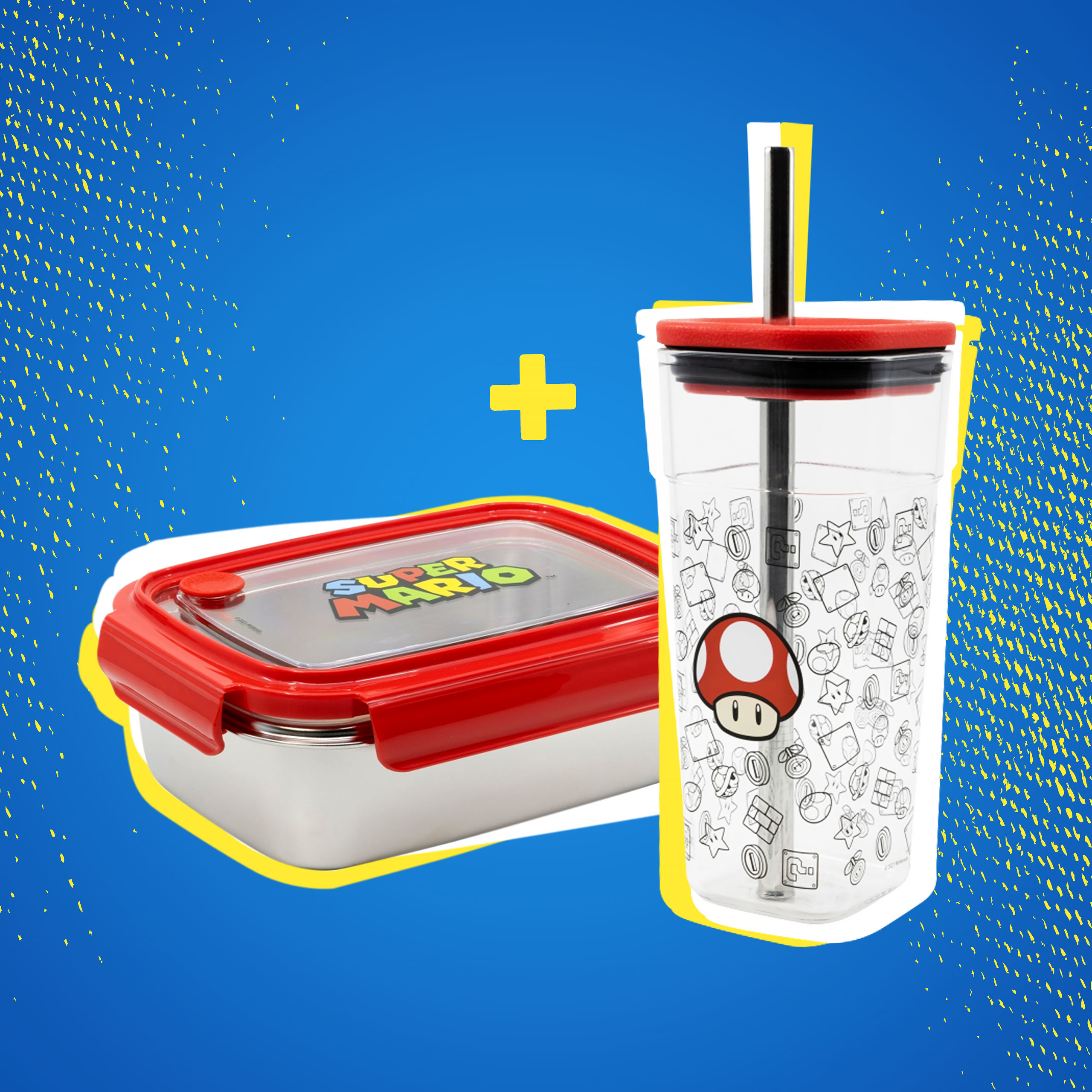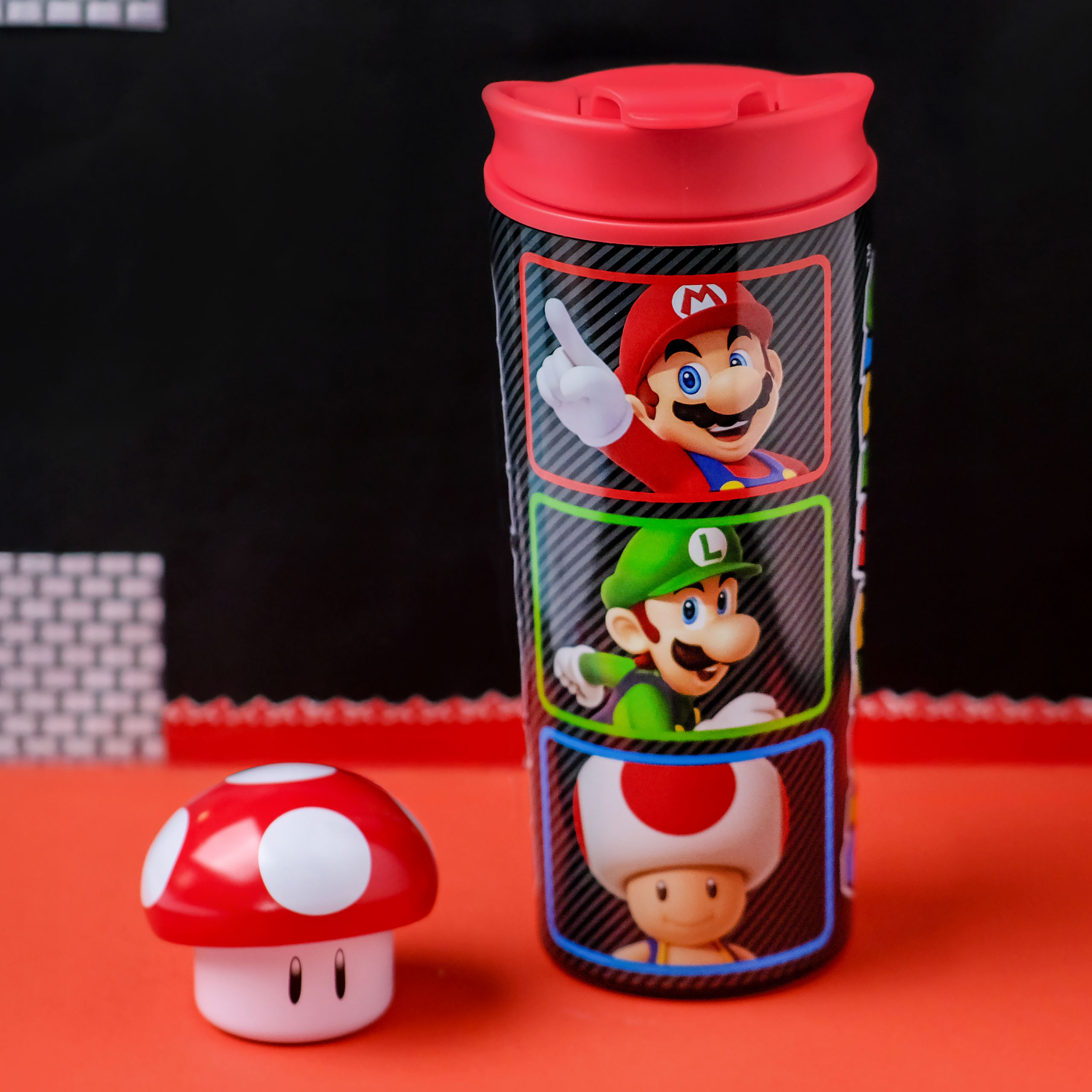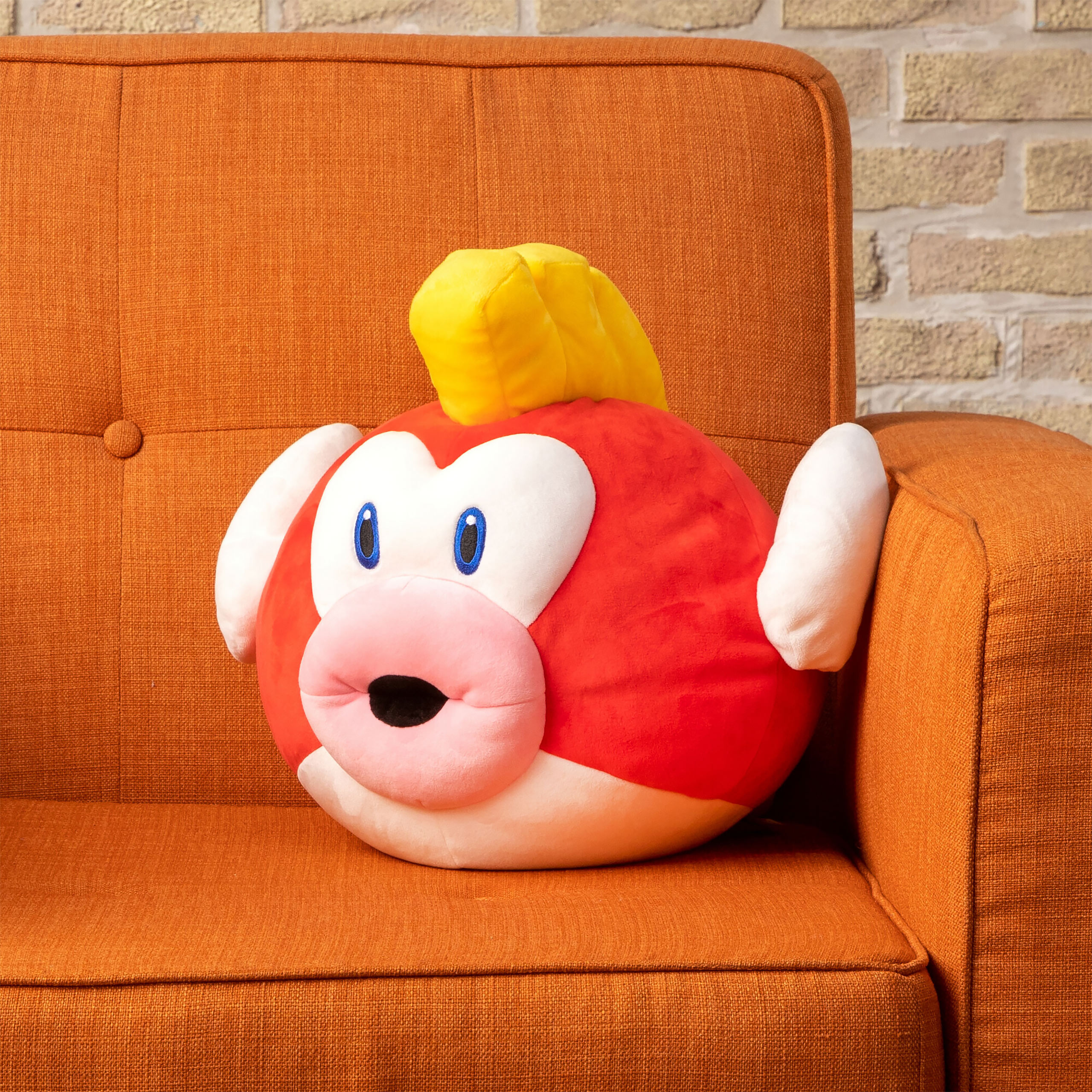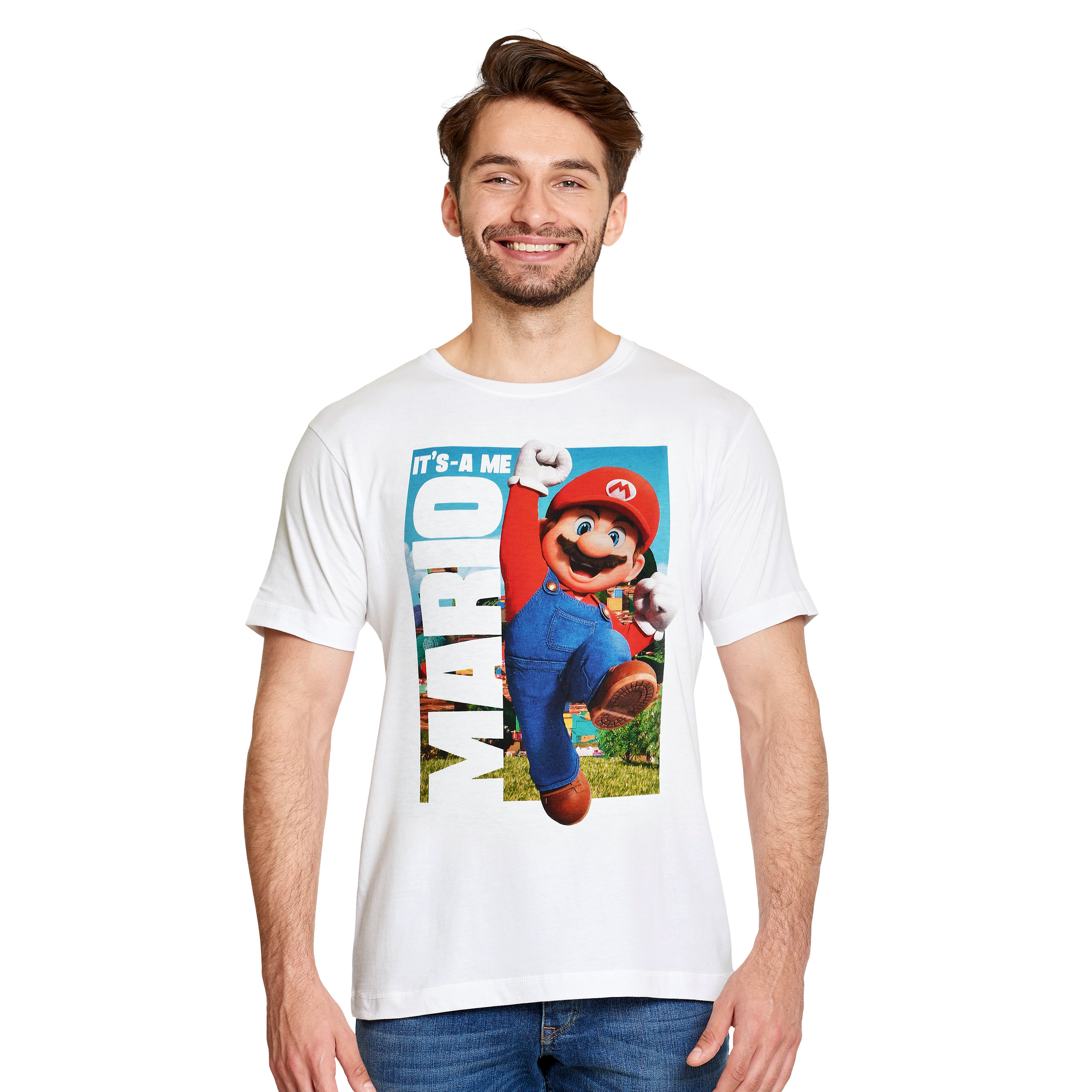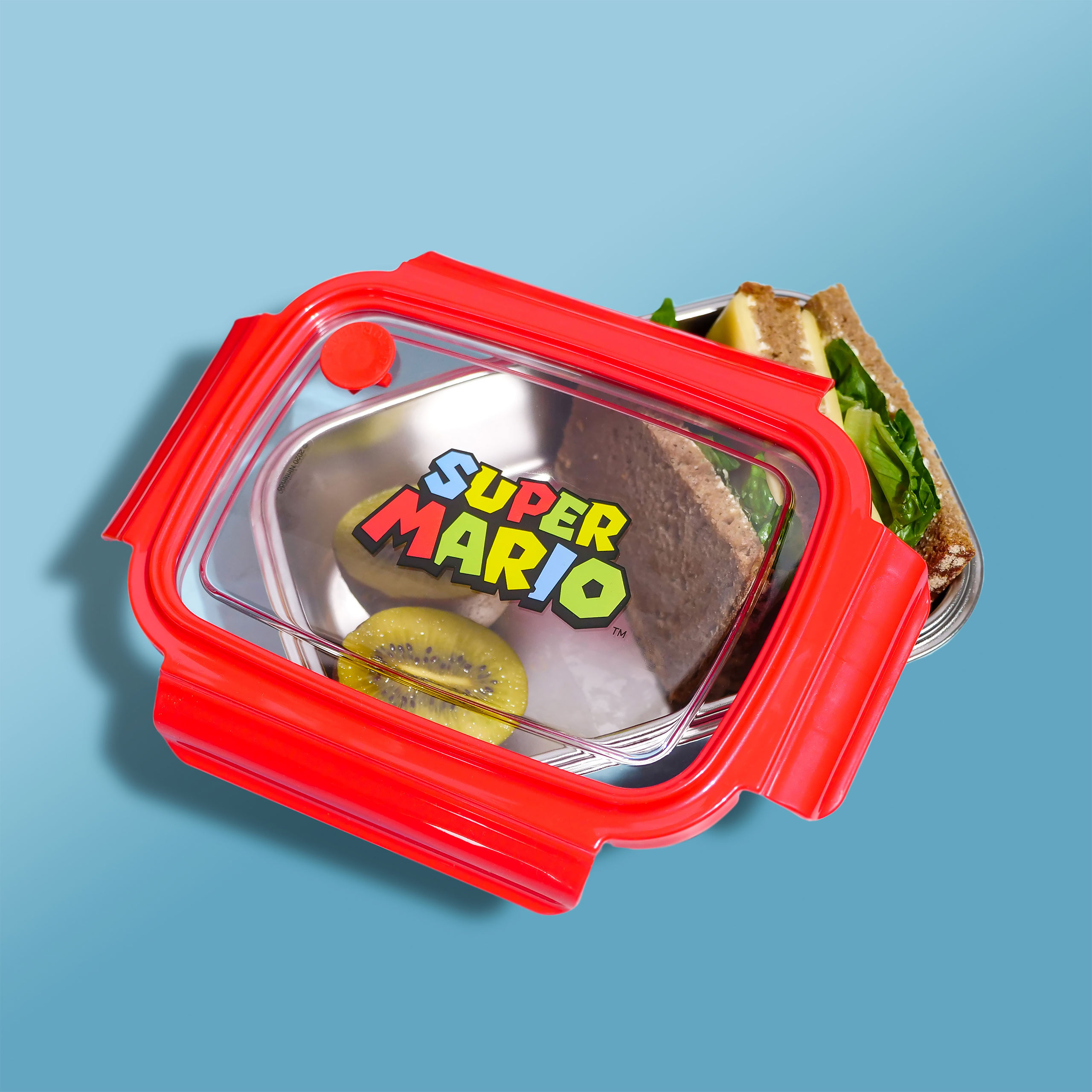Super Mario
- Super Mario
How Mario got his voice
Charles Martinet has been the voice of Super Mario for more than 30 years. And Luigi. And Wario, Waluigi and even Baby Mario. His involvement came about rather by chance. Nintendo was looking for a narrator for its MIRT (Mario in Real Time) system for a trade fair, where visitors could interact with a digital Mario head. Through a friend, Martinet found out about the audition, to which he showed up without an invitation AND too late! In fact, the casting crew was already packing up, but they still let him audition. The rest, as they say, is history. Martinet made his gaming debut in 1992 in a Mario pinball machine, but most people first heard his voice in Super Mario 64 in 1996. (BTW: the iconic Bowser laugh also belongs to Martinet, but this was more bizarre coincidence than intention, as the recording used was made years before release).
Super Mario, the Average Joe
Everyone knows about them, almost everyone plays them: video games. What used to carry a certain stigma is now a leisure activity that — if sales are anything to go by — has far surpassed the dominance previously enjoyed by films or music. Yes, video games are big. "Massive" might be an even better description. They are also infinitely varied, with hundreds of genres and subgenres, several platforms, indie darlings and AAA big productions. But for all this diversity and size, the whole thing can be analysed through one character: Super Mario, a kind of mascot for the entire industry.
Okay, that might sound rather pompous. But if there is any character that is representative of video games, it is definitely the plumber from Italy. Why is that? Maybe because he's so successful? After all, there are more than 20 parts to the main series today, and with all the spin-offs like Mario Kart or the handheld spin-offs, Mario has over 120 titles (not counting re-releases and remakes). More than 390 million games featuring Mario have already been sold, but that alone is not enough to explain why Mario in particular has become such an icon. After all, other games are similarly successful, sometimes even generating more revenue, just take a look at Pokémon. So what is it that makes Mario so special?
Timeless design in 16×16 pixels
Let's start from the beginning: the way Mario got his name is now one of the most famous stories in video game history. The plumber famously made his first appearance in the arcade game Donkey Kong. The design of this chubby figure with his moustache, big nose, blue overalls and red dungarees did not come about by chance but was heavily influenced by technical constraints — the 16×16 pixel grid meant only a certain number of details could be realised. In fact, it is precisely this simplicity that makes Mario instantly recognisable! It's no wonder that Nintendo has barely changed the basic design in over 40 years.
Incidentally, developer Shigeru Miyamoto originally wanted his barrel-hopping character to be called Mr. Video, but Nintendo opted for the simple Jumpman. The character was only renamed Mario after the game was released, and the prompt was an inside gag! Minoru Arakawa, the founder of Nintendo of America, had a dispute with Nintendo's landlord at the time because the company was a few months behind with the rent — impossible to imagine today, right? Anyway, when he told his colleagues about the altercation, Arakawa joked that Jumpman bore a certain resemblance to Mario Segale, the very landlord at the time. The name first caught on in the office but was subsequently incorporated in the games. Who would have thought that this inside joke would become a cultural phenomenon that has never lost any of its relevance?
Deeply average
But why would Mario, the epitome of an average Joe, achieve more fame than Donkey Kong, the antagonist of Mario's first work? How is it that a guy whose professional career doesn't exactly scream 'saviour of the world' has nonetheless become the figurehead for the entire genre? The simplest explanation is probably his profound mediocrity. Mario is so normal, so interchangeable, he works in any context. Not only does he hop and jump, he also drives go-karts. Plays football, tennis and golf. He levelled up in role-playing games and even did his doctorate! His character, which hardly has any character, just fits in everywhere. The result is that developers can use this famous (and highly appealing) character for almost any game idea. This is exactly what has allowed him to grow along with the video game medium, making the leap (ho-ho) with each new paradigm shift: from arcade games to home consoles, from the second dimension to the third, from niche hobby to mainstream success.
Mario is as normal as you can get. That's what makes him the default in games where there are several characters to choose from. Whether it's in Mario Kart, Mario Party or Super Smash Bros., Mario always comes first, i.e. at the top left of the character selection. Especially in titles like Mario Kart or other sports games, he doesn't have any great strengths, but he doesn't have any great weaknesses either. If Toad is considered "easy" or Bowser "hard", then Mario is always the regulating presence that makes these judgements possible in the first place. Speaking of which ...
The Mushroom Kingdom has now spawned a considerable range of characters, many of whom even have their own game series like Luigi's Mansion. But the identity of all these products is primarily shaped by the relationship with Mario. Luigi's most distinctive feature is that he is Mario's brother. Peach is his love interest. Wario is Mario's anti-hero and Bowser his arch-rival. In this sense, life in the Mushroom Kingdom revolves entirely around Mario, whether he appears as a character or not. This is an omnipresence that even goes beyond the games.
Beyond the games
Mario may be the poster child for video games in general, but it doesn't stop there. Mario exists as a comic, a board game, a film and a series. Damn it, you can even get a Lego Mario! And nowadays, the Italian plumber also has an entire kingdom of cool Super Mario merchandise to keep an eye on — a small quantity of which we host here at Elbenwald. Except it's not that small. Because in our Super Mario fan shop, you'll find all the Super Mario merchandise you could ever want. From classics like Super Mario mugs or Super Mario T-shirts to almost ridiculously cute soft toys and downright epic Super Mario lamps — our favourite is the Piranha plant, but that's just by the by. If you're more into Yoshi, Koopas or even Toad, we've got it covered, just as we have with red, green and blue shells. It would be as pointless to try to list everything as it would be to name all the Mario games, so we suggest you browse through our Super Mario merchandise yourself. It's worth it!
